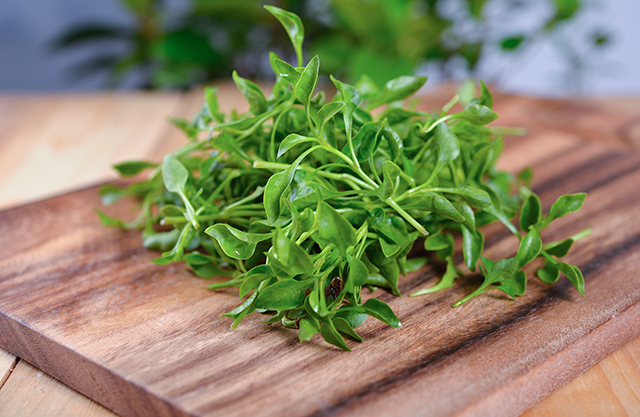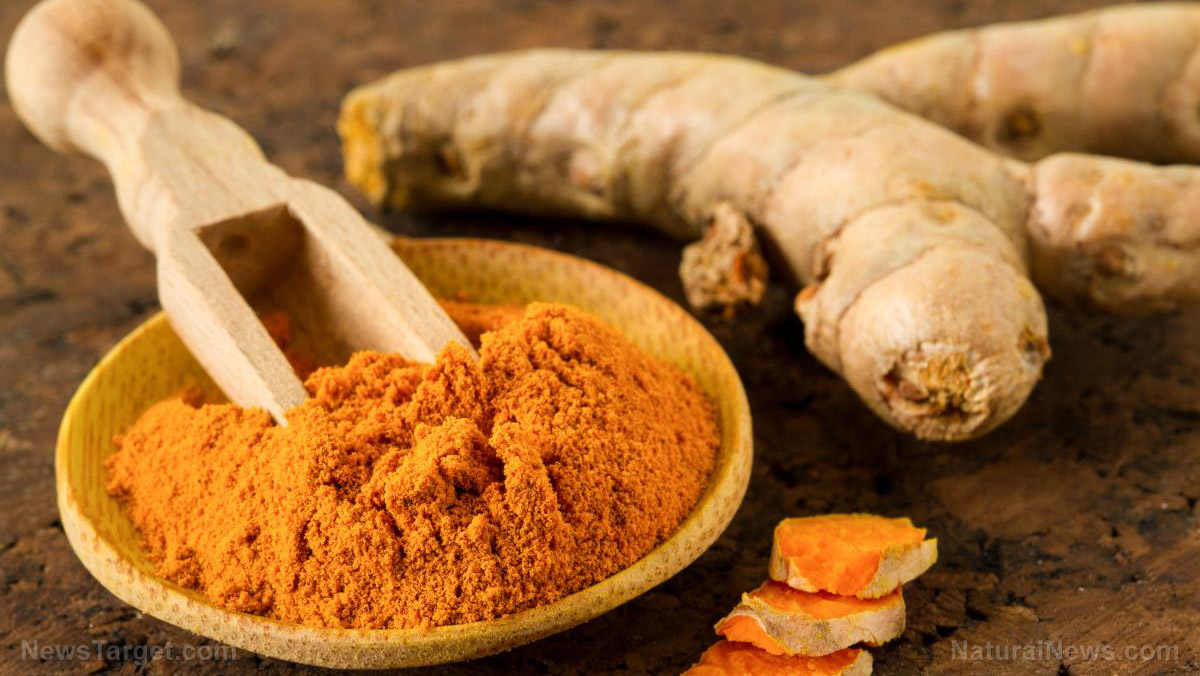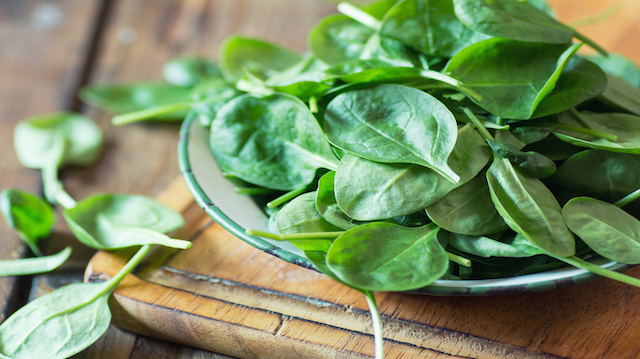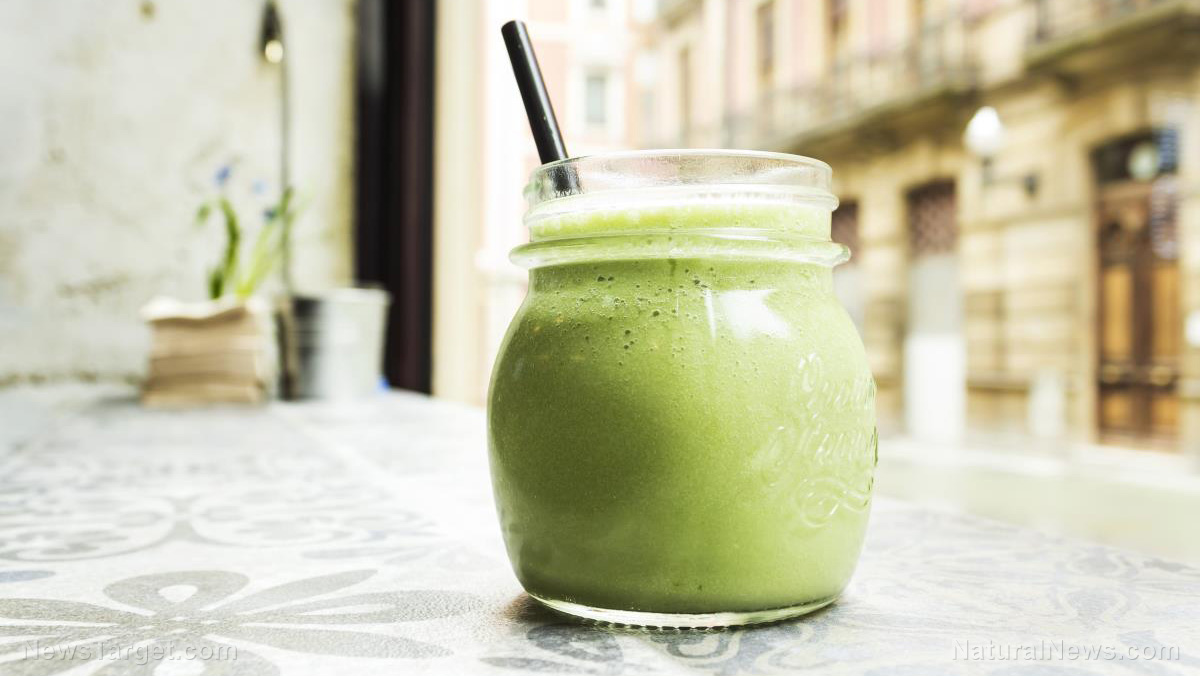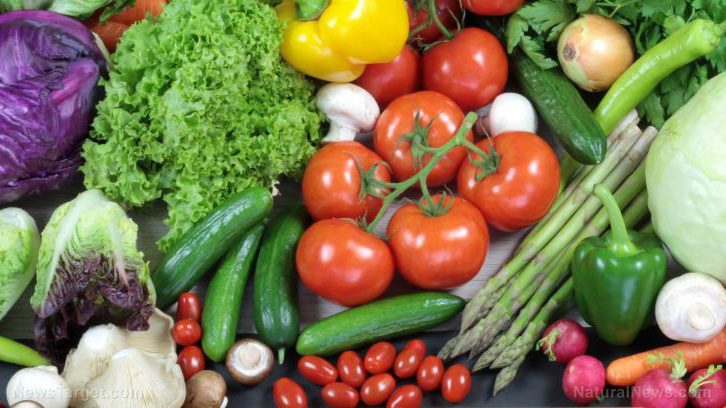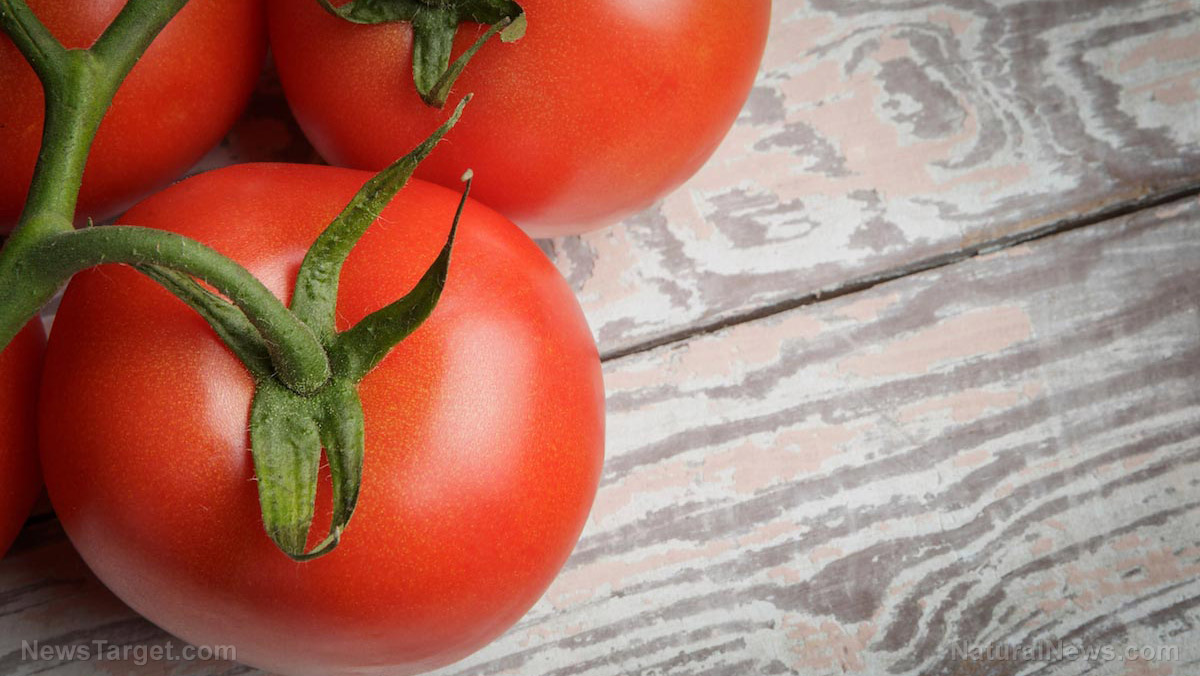Taiwanese agriculture officials show the world what healthy school lunches are really like: Go organic
08/17/2016 / By JD Heyes

First lady Michelle Obama has made it her mission to reform America’s school lunch programs, focusing more on healthier foods and less on foods that are rich in calories but low in nutrition.
While not all Americans are happy with the effort, her “Let’s Move” initiative to make lunches more nutritious and, thus, students healthier, is a noble one.
Now, the country of Taiwan seeks to go one step further and in doing so provides the way forward for all countries: Schools there will soon be serving more domestically grown organic foods, even though that will make lunches a little pricier.
As reported by Taiwan Today, beginning Sept. 1 the Taiwanese government will begin promoting the inclusion of domestically sourced organic foods in all schools. In addition, the government will continuously update and expand the cloud-based school food registry system so parents of students can monitor what is being served in their kids’ schools an in others around the country, Premier Lin Chuan announced in mid-August.
The Council of Agriculture proposed the initiative, was a priority of the premier because the health and well-being of Taiwan’s children is of the utmost importance to him, Taiwan Today reported.
The COA will work with the Ministry of Education “to give the nation’s schools access to a wider variety of nutritious locally produced food, seeking to ensure that schools provide organic lunches at least once or twice a week,” the news site reported.
COA Minister Tsao Chi-hung told reporters that his agency planned to take samples and conduct testing to make sure that foods are of good organic quality. In addition, officials from the COA will verify the origin of the ingredients in school meals.
The measure follows President Tsai Ing-wen’s policy to increase Taiwanese trust in the country’s food safety steps.
In order to make it simpler for government officials to verify ingredients in students’ meals, the Education Ministry has asked that all food products bought by local schools be properly labeled. Also, the cloud-based food registry will archive the complete history of a school’s food purchases beginning next semester, for future reference and for the purposes of transparency.
Officials announced in a statement that the MOE has requested that all city and county governments use only top-quality agricultural products that are free of glyphosate and other pesticides and conform to Good Agricultural Practice (GAP) standards.
Among Taiwan’s six special municipalities, New Taipei City and Taoyuan City are already offering organic school lunches to students on a regular basis, so the national effort already has a template. Agriculture ministry officials have recommended that Taichung City start offering organic meals within the school year and that Tainan City and Kaohsiung City begin to do so before the end of 2017.
While the costs of offering students more organic foods, are higher than serving standard fare, Taiwanese officials believe the savings will be realized in a healthier society that eventually will likely spend far less on health care.
In August 2015, school officials in Marin City, California said they were the first school system in the United States to offer all-organic lunches to students. Officials said none of the foods served contained any GMOs.
Sources:
Tagged Under: Organic, school lunches, Taiwan








